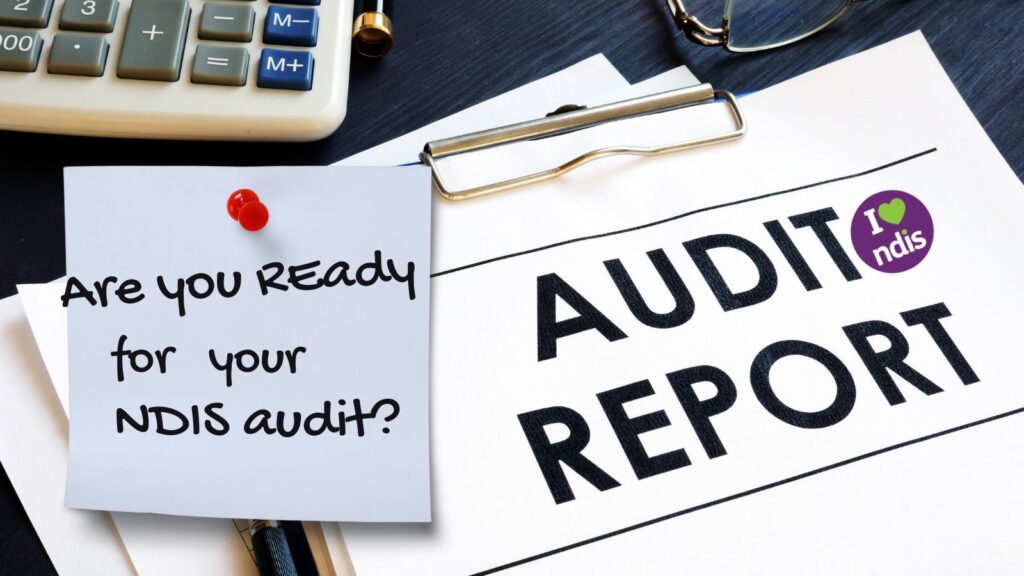
NDIS audit is essential for providers to ensure compliance with the NDIS Practice Standards and to demonstrate their commitment to delivering quality services. The audit process involves a thorough review by an approved quality auditor, who assesses various aspects such as governance, operational management, and support delivery. Key steps in preparation include:
- Review the NDIS Practice Standards and Code of Conduct: Ensure you comply with the standards and note any areas you’re unsure about.
- Check your systems: Ensure that they comply with the NDIS Practice Standards.
- Create a document management system: Use an NDIS-compliant system to manage your documentation.
- Review your evidence: Have evidence to show that you comply with the Practice Standards.
- Run internal audits: Be prepared to show your auditor proof of your internal audits.
- Prepare for interviews: Be ready for questions from the auditor, such as:
- How often do you discuss your support needs with your provider?
- Are you happy with the support provided?
- How does your provider consider your needs and preferences?
- What do you do if you are unhappy about your support?
- Train your staff: Ensure all staff members are trained on NDIS policies, procedures, and their roles in maintaining compliance.
Most Common Reasons for Minor Non-conformities in NDIS Audits
- Incomplete Documentation: Providers may have established policies and procedures but lack the necessary supporting documentation, such as a complaints register or incident reports, which can lead to minor non-conformities.
- Failure to Review Policies: There are instances where documented processes exist, but providers do not demonstrate regular reviews or evaluations of these documents, violating the requirement for ongoing compliance assessments.
- Insufficient Staff Training: Minor non-conformities can arise when staff members are not adequately trained on existing procedures, resulting in a disconnect between policy and practice. This includes situations where staff are unaware of specific protocols or fail to follow them due to a lack of resources.
- Inconsistent Implementation of Procedures: Even when policies are in place, inconsistencies in how they are applied can lead to findings. For example, if a support service is documented but not consistently delivered as per the stated guidelines, this may be flagged during an audit.
These minor non-conformities allow providers to improve their systems and processes, ensuring better compliance with NDIS standards moving forward.
